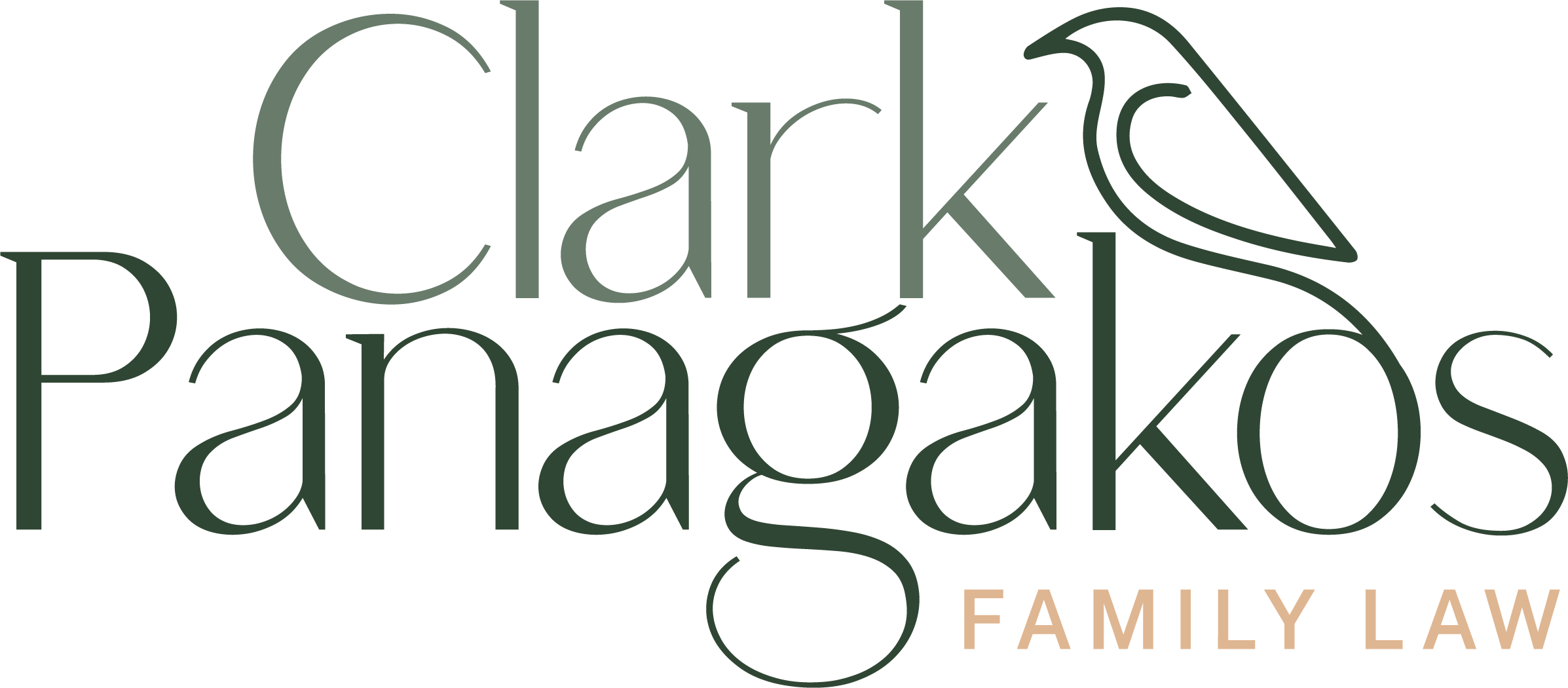In the realm of legal practice, innovation often emerges from the convergence of determined individuals, groundbreaking ideas, and a shared commitment to change. The birth of collaborative practice in South Australia serves as a vivid example of this dynamic process, where pioneers like Bev Clark paved the way for a transformative approach to dispute resolution.
In the early days, the landscape of legal proceedings in South Australia was dominated by traditional litigation, often characterized by adversarial battles and prolonged and expensive court battles. Enter collaborative practice, a revolutionary method that sought to bring a more cooperative and mutually beneficial approach to resolving legal conflicts. Bev embarked on a journey to introduce this paradigm shift to the legal community in South Australia.
Bev, a legal trailblazer, was one of the first two collaborative lawyers in South Australia. She recognized the potential of collaborative practice to foster open communication, prioritise clients’ interests, and steer away from the aggressive “pit bull” litigation tactics that had become all too common. However, the road to acceptance was not without its challenges. Traditional litigation practitioners were quick to dismiss the collaborative process as unorthodox and unproven, making it difficult for this innovative approach to gain traction.
The turning point came when Christopher Swan, of Swan Family Lawyers, became the first lawyer from another firm to be trained in collaborative practice. This marked a pivotal moment in the evolution of collaborative law in South Australia, as it allowed Bev and Christopher to conduct the first collaborative case in South Australia and go on to offer this model of dispute resolution to literally hundreds of clients. Persuading opposing parties to engage with a specific collaborative lawyer remained a formidable task, showcasing the resistance to change deeply rooted in the legal culture.
Bev’s dedication to fostering collaborative practice was unwavering and she took an active role in fostering a community of like-minded practitioners by founding the Adelaide Collaborative Practice Group and chairing the first collaborative committee for the Law Society of South Australia. She presented locally, interstate and overseas on collaborative practice to ensure that the public and fellow professionals, both from the legal profession and allied professions were educated and able to support and promote this form of dispute resolution to families. She was a member of the steering committee of the Australian Association of Collaborative Professionals.
Recognising the need to ensure her skills in the process were advanced, and in the absence of experienced practioners in the local community Bev’s quest for knowledge led her to the United States, Canada and Europe, where she travelled extensively over many years, attending the International Academy of Collaborative Professionals (IACP) education forum and Institute, and many advanced training seminars conducted by world leaders in Collaborative practice. Bev qualified as a collaborative trainer through the IACP and regularly conducts training of new collaborative practitioners from the legal, social science and financial professions. Through her efforts, she now spearheads collaborative practice training programs for the Law Society of South Australia, nurturing a new generation of collaborative professionals who champion a more cooperative approach to dispute resolution.
As collaborative practice continues to gain momentum, it is a reminder that change is possible, even in the face of skepticism and resistance. To find out more about collaborative practice and to determine if it is right for you and your family call today and make a time to meet with Bev or one of her team of collaborative professionals.
If you are a professional interested in training as a collaborative practitioner, or if you would like to have Bev present to a community, workplace, social or other group call now and speak to Bev. She remains passionate about the benefits to families of being able to resolve their disputes in the most dignified and civilised way.

